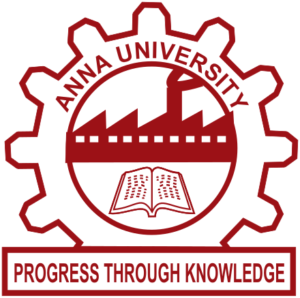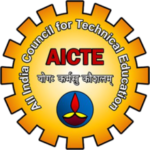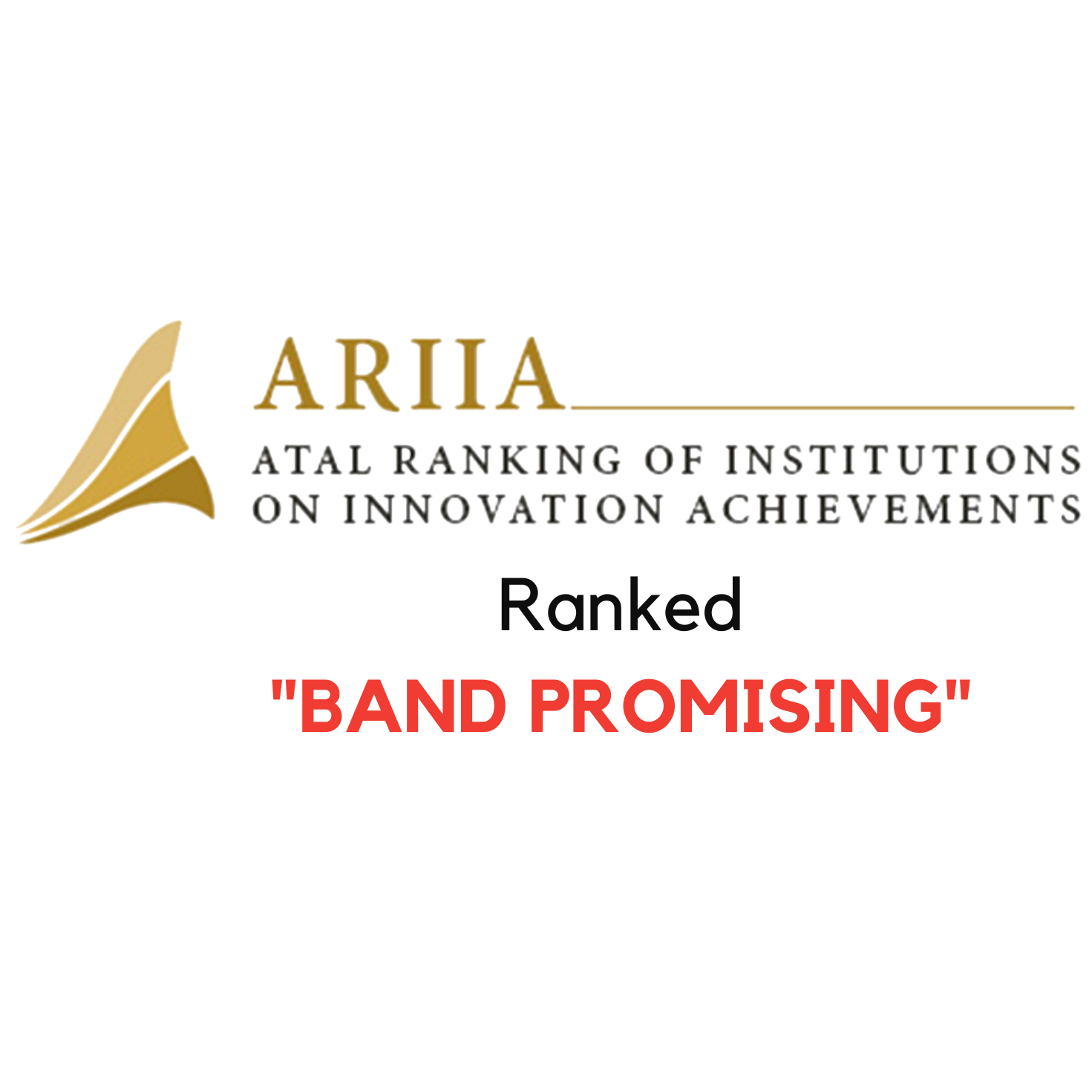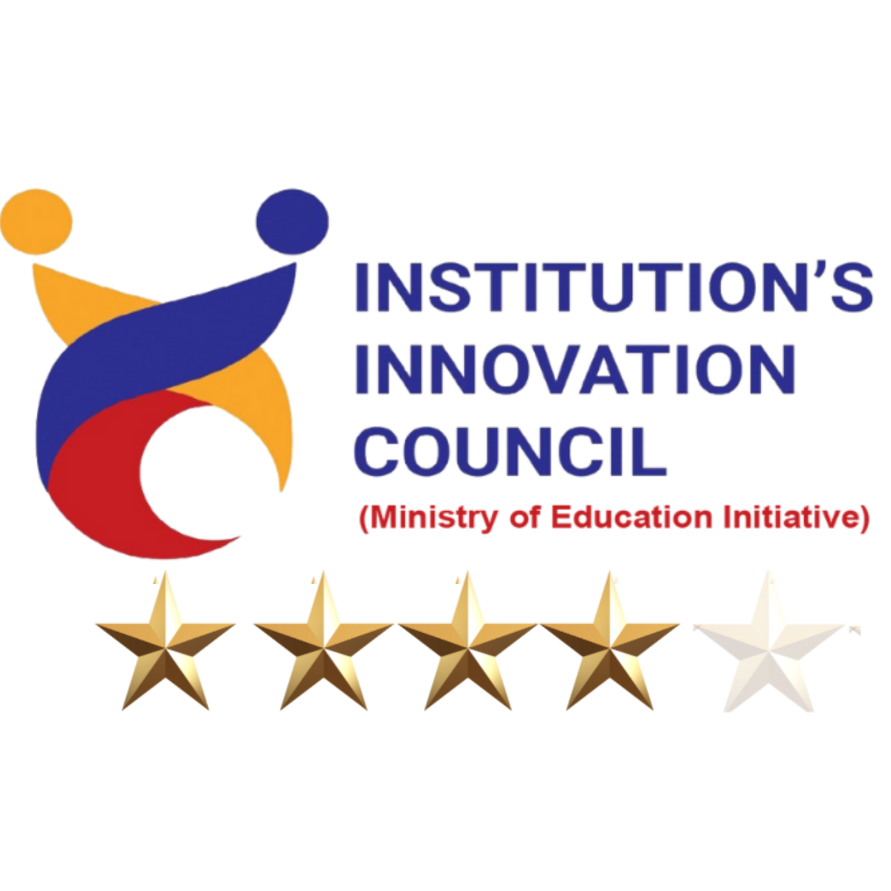Overview
Department of Electrical and Electronics Engineering (EEE) is established in the year 2002 to meet the requirements of the emerging Electrical and Electronics technologies in industries and factories with a precise consultation with various esteemed stakeholders.
It offers an undergraduate program ( B.E-Electrical and Electronics Engineering) and a postgraduate program (M.E- Power Electronics and Drives). The department has well-experienced faculty members who extend their versatile research capabilities in multifaceted areas.
The lab facilities are structured aiming the industrial set up, so as to give the students industrial exposure and to motivate the students to design, analyze and create prototype models for the optimized operation of various technologies which can make a big difference in the society.
Vision
To enrich the competence of students in Scientific and Technological challenges to succeed in a global competitive environment with moral ethics.
Mission
- To reinforce the competence of the students through creative Teaching-Learning process and innovative academic activities
- To introduce emerging trends in Electrical and Electronics Engineering and to make the platform to showcase their engineering skills.
- To produce Electrical Engineers with etiquette for serving the society
Duration
4 years (Regular) / 3 Years (Lateral Entry)
No. of Semesters
8 (Regular) / 6 (Lateral Entry)
Intake / No. of Seats
Total – 60
Syllabus
Regulation 2017 & 2021
Eligibility
10+2 system of Education. Must have secured a pass in Physics, Chemistry and Mathematics in the qualifying examination.
Scope for Higher Studies
M.E. / M.Tech. / M.B.A.
PEOs | POs | PSOs
Program Educational Objectives
| PEO1: | Graduates shall have strong foundation in basic science, mathematics and in the principles and technological advancements made in Electrical and Electronics Engineering and allied fields. |
| PEO2: | Graduates shall have scientific and engineering breadth so as to comprehend, analyze, design, create products and provides solution for the real-life problems. |
| PEO3: | Graduates shall be aware of excellence, leadership, ethical codes, value guidelines and lifelong learning needed for a successful professional career. |
Program Outcomes
| PO1: | Engineering Knowledge: Apply the knowledge of mathematics, science, engineering fundamentals, and an engineering specialization to the solution of complex engineering problems. |
| PO2: | Problem Analysis: Identify, formulate, review research literature, and analyze complex engineering problems reaching substantiated conclusions using first principles of mathematics, natural sciences, and engineering sciences. |
| PO3: | Design / Development of solutions:Design solutions for complex engineering problems and design system components or processes that meet the specified needs with appropriate consideration for the public health and safety, and the cultural, societal, and environmental considerations. |
| PO4: | Conduct investigations of complex problems: Use research-based knowledge and research methods including design of experiments, analysis and interpretation of data, and synthesis of the information to provide valid conclusions. |
| PO5: | Modern tool usage:.Create, select, and apply appropriate techniques, resources, and modern engineering and IT tools including prediction and modeling to complex engineering activities with an understanding of the limitations. |
| PO6: | The engineer and society: Apply reasoning informed by the contextual knowledge to assess societal, health, safety, legal and cultural issues and the consequent responsibilities relevant to the professional engineering practice. |
| PO7: | Environment and sustainability: Understand the impact of the professional engineering solutions in societal and environmental contexts, and demonstrate the knowledge of, and need for sustainable development. |
| PO8: | Ethics: Apply ethical principles and commit to professional ethics and responsibilities and norms of the engineering practice. |
| PO9: | Individual and team work: Function effectively as an individual, and as a member or leader in diverse teams, and in multidisciplinary settings. |
| PO10: | Communication:Communicate effectively on complex engineering activities with the engineering community and with society at large, such as, being able to comprehend and write effective reports and design documentation, make effective presentations, and give and receive clear instructions. |
| PO11: | Project management and finance: Demonstrate knowledge and understanding of the engineering and management principles and apply these to one’s own work, as a member and leader in a team, to manage projects and in multidisciplinary environments. |
| PO12: | Lifelong learning:Recognize the need for, and have the preparation and ability to engage in independent and life-long learning in the broadest context of technological change. |
Program Specific Outcomes
| PSO1: | An ability to study the performance of various machines and their design characteristics, transmission techniques & transmission line parameters, Instruments used to measure various parameters and study on stability. |
| PSO2: | An ability to study the various electronic devices and their applications for the control of different parameters using various tools for analysis. |
Learning Resources
Circuit Theory
- www.nptelvideos.in/2012/11/circuit-theory.html
- https://www.youtube.com/watch?v=Eknlx7zHBVo&list=PL1D46B10238154408
Electrical Machines-I
- https://www.youtube.com/playlist?list=PL59861DBF8EC85491
- www.nptelvideos.in/2012/11/electrical-machines-i.html
- https://www.youtube.com/watch?v=qmcriUdYBW0&list=PL59861DBF8EC85491
Electrical Machines-II
Control Systems
Power Electronics
Power System Analysis
Transmissions and Distributions
Power System Operation and Control
Career Opportunities
What can and Where can we do?
Power engineering: It deals with the generation, distribution, and transmission of electric power.
Control engineering: This field utilizes automatic control theory for designing systems in a controlled environment.
Electronic engineering: This discipline uses the nonlinear and active electrical components for designing electronic devices and other systems.
Microelectronics: it is the field that deals with the study and manufacture of small electronic designs and components.
Signal processing: This field deals with the study, synthesis, and alteration of signals.
Telecommunications engineering: This field is centered on the electrical and computer engineering which is used to support telecommunications systems.
Instrumentation engineering: It is the field related with the measuring instruments used for the purposes of recording, measuring and calculating quantities.
Computer engineering: This field integrates the principles of computer science engineering and electronics engineering for the production of software and hardware systems.
Defense industry – provides equipment, support and services for the armed forces and national security
List of Private Sector Electrical Companies.
1.Larsen & Toubro group
2. Siemens India Ltd.
3. Thyssenkrupp (UHDE Ind. Ltd.)
4. Bombardier Transportation
5. ABB India Ltd.
6. Schnider Electric
7. Bajaj Electricals Ltd.
8. Su-Kam Power systems
9. Crompton Greaves
10. Tata Power
List of Public Sector Electrical Companies
1.Power Grid Corporation of India Ltd. (PGCIL)
2. National Thermal Power Corporation (NTPC)
3. Bharat Petroleum Corporation Limited (BPCL)
4. Hindustan Petroleum Corporation Limited (HPCL)
5. Oil and Natural Gas Corporation Limited (ONGC)
6. Steel Authority of India Ltd. (SAIL)
7. Delhi Metro Rail Corporation (DMRC)
8. Bharat Heavy Electricals Ltd. (BHEL)
9. Bharat Electronics Ltd. (BEL)
10. Coal India Ltd.
Contact Us
If you any queries, please contact us on the email given below.
- 2nd Floor, Right Wing, Main Block.
- eeehod@scadengineering.ac.in







